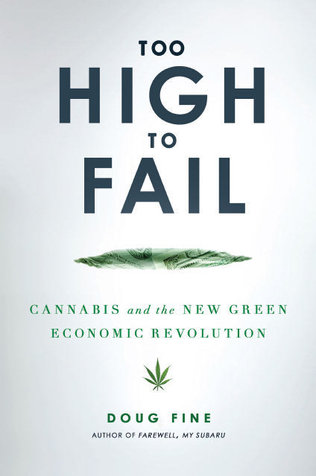By Vanessa Radatus
After last week’s article, “A Possibly Fatal Mistake,” by Nicholas Kristof, a number of responses prompted further discussion on the issue of health reform and our upcoming election.
In a follow-up column, “Scott’s Story and the Election,” Kristof provides two counter arguments acknowledging those who do not agree that it is the government’s (or their) responsibility to take care of the millions who are unable to do so themselves.
His first argument reflects the basic idea that we must accept that imperfection as not only our present reality, but our human destiny. That is why our government has created safety nets in our laws and institutions to prevent and mitigate human error. Kristof states:
“First, a civilized society compensates for the human propensity to screw up. That’s why we have single-payer firefighters and police officers. That’s why we require seat belts. When someone who has been speeding gets in a car accident, the 911 operator doesn’t sneer: “You were irresponsible, so figure out your own way to the hospital” — and hang up.
To err is human, but so is to forgive. Living in a community means being interconnected in myriad ways — including by empathy. To feel undiminished by the deaths of those around us isn’t heroic Ayn Rand individualism. It’s sociopathic. Compassion isn’t a sign of weakness, but of civilization.”
Kritsof’s point should not be neglected. Does not every American citizen feel that our government is somewhat responsible for keeping our nation’s people safe? Why then, do we have government-created agencies like the FDA, the FDIC, and Social Security?
Because we as a nation have learned from our past and humans make mistakes. And if we have these institutions to act as safety nets for our food, medicine, and money, shouldn’t there be something to act as a guard rail to protect our nation’s health?
Kristof’s second argument is that if you don’t believe in universal healthcare because you don’t want to pay for the mistakes of the uninsured, you are already paying for them, only, at a higher rate.
“My second argument is that if you object to Obamacare because you don’t want to pay Scott’s medical bills, you’re a sucker. You’re already paying those bills. Because Scott wasn’t insured and didn’t get basic preventive care, he accumulated $550,000 in bills at Seattle’s Swedish Medical Center, which treated him as a charity case. We’re all paying for that.” Read More…
So as our last presidential debate airs tonight, watch it. Become an informed voter. Try not to be persuaded by a candidates looks or demeanor but rather by his ideologies and how he will try to make our country better for everyone, rich or poor, old and young.
If you would like to learn more or follow Nicholas Kristof, visit him at his blog, On the Ground, or join him on Facebook and Google+, watch YouTube videos and follow him on Twitter.


